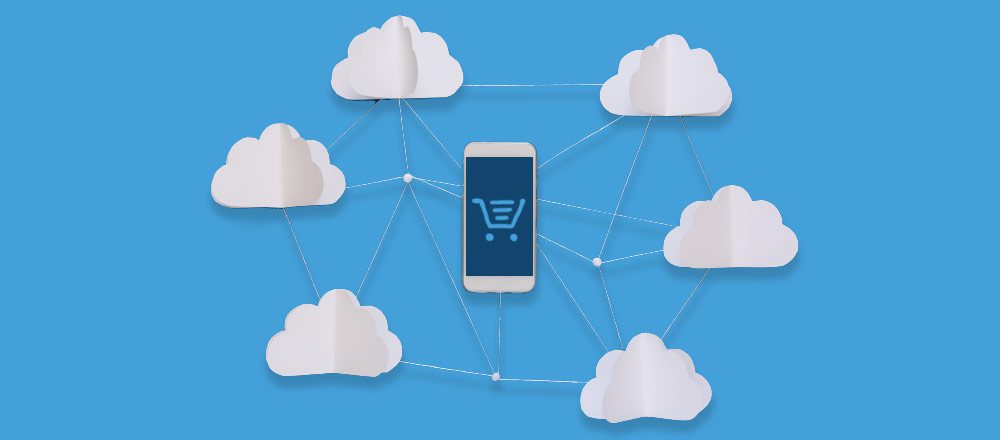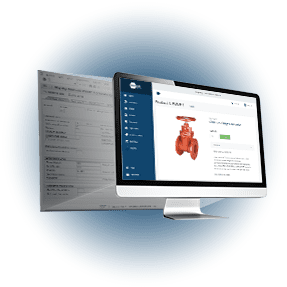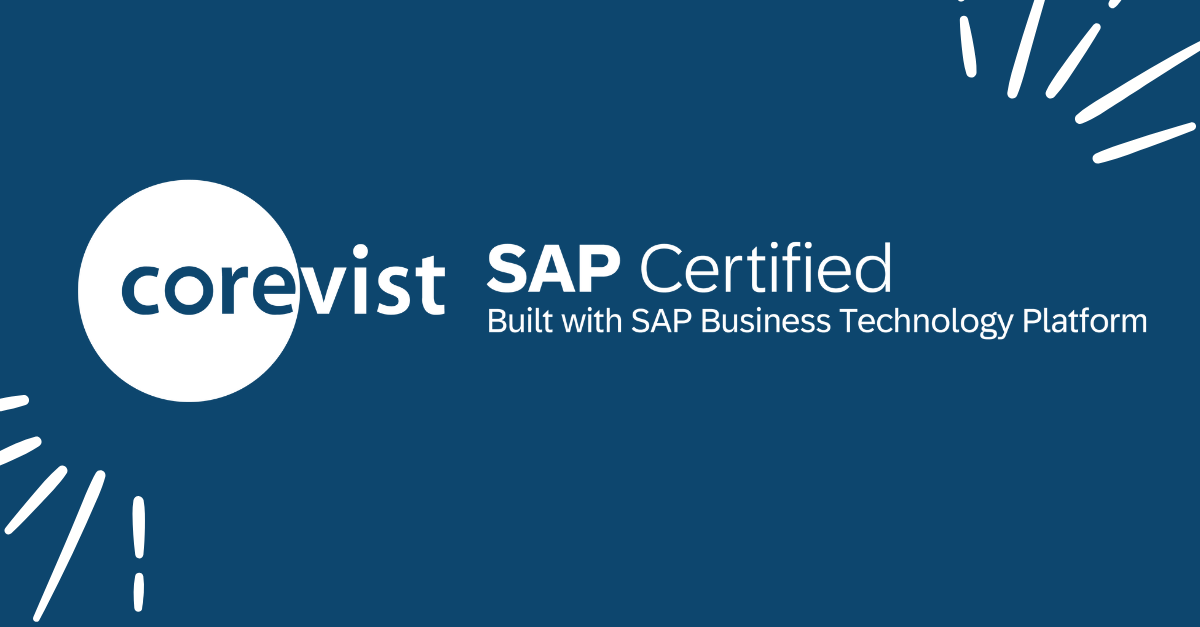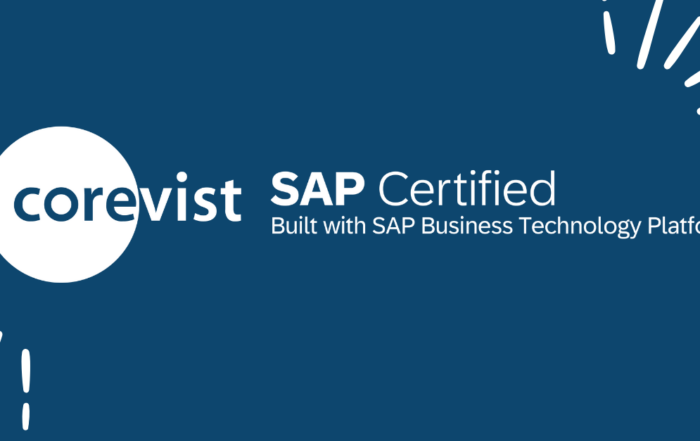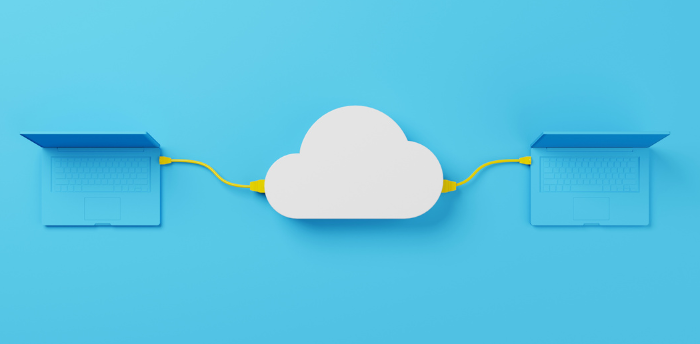Share
Author
George Anderson
Share
For many companies doing B2B eCommerce, a SaaS model (software as a service) is a better option than on-premise software. The solution provider handles hosting, version upgrades, maintenance and support. Essentially, you outsource the technology to a team of experts, allowing you to focus on your core competencies as an organization.
But do all B2B eCommerce SaaS providers have the same expertise?
Are all hosted solutions created equal?
Spoiler: They’re not! 😊
All right, then how do you know which B2B eCommerce SaaS solution is a good fit for you?
Here are three questions you can use to define your needs and understand how a SaaS solution will meet them (or not).
1. What B2B eCommerce integrations matter most for customer experience?
In a complex B2B scenario, customers often need specific data and experiences that conform to specific business logic. That logic usually lives in SAP ERP.
If your customers need things like personalized contract pricing and real-time inventory availability, you’ll want to ask pointed questions about any B2B eCommerce SaaS solution you evaluate. Can it deliver real-time SAP data? Will each customer’s experience conform to the logic you’ve defined in SAP?
Most SaaS options provide only the standalone B2B eCommerce solution. A platform that’s meant to stand alone will try to act as the “one true truth” for your business data. If you’re going to keep SAP ERP as your sole source of truth, you’ll need a way to integrate your SaaS solution with SAP — but that gets challenging if your transactions aren’t generic (i.e. if each customer has personalized pricing, product permissions, inventory availability, and so on).
If your B2B eCommerce SaaS solution isn’t built to play well with SAP ERP, you’ll have to duplicate and synchronize all that transactional data between the two systems. This architecture can get complex and expensive — plus most SaaS providers don’t actually cover your integration (see #3 below).
2. What B2B eCommerce integrations matter most for your operations?
The best B2B eCommerce SaaS solution in the world won’t do you much good if it makes your operations more complex.
In fact, the need to increase operational efficiency is one of the primary drivers for companies that seek B2B eCommerce SaaS solutions. Since the SaaS provider handles hosting, upgrades, support and maintenance, the SaaS model allows organizations to launch B2B eCommerce without taking on ownership of the technology.
Yet if the SaaS solution doesn’t include integration between B2B eCommerce and SAP ERP, it can actually have a negative impact on operational efficiency.
Consider these scenarios (all of which arise if B2B eCommerce doesn’t include real-time SAP integration).
- Your batch updates are always failing between B2B eCommerce and SAP. Consequently, B2B eCommerce orders aren’t posting to SAP at the time of order placement. Though inventory was available when the customer placed the order, it’s no longer available by the time the order reaches the ERP. Now you’ve got customer service problems introduced by the B2B eCommerce solution.
- Your solution wasn’t designed to show real-time pricing and availability, so customers keep calling and emailing customer service to get this information. Though your B2B eCommerce SaaS solution isn’t costing you much in terms of IT resources, it is increasing your customer service workload because of the lack of integration.
- Your SaaS B2B eCommerce storefront has no integration to SAP ERP. Consequently, your customer service reps have to rekey every single order into SAP. You haven’t increased your operational efficiency at all.
The key here is to find a SaaS solution for B2B eCommerce that includes SAP integration.
3. How much of the B2B eCommerce stack will your SaaS provider cover?
Here’s the ugly truth about most SaaS solutions for B2B eCommerce. They offer third-party connectors for ERP systems, but the B2B eCommerce provider doesn’t actually support the integration as such. When ERP data isn’t showing up in B2B eCommerce (or vice versa), your SaaS provider won’t be able to help you. You’ll be on your own for that, or you’ll have to depend on another vendor.
Organizations that need deep SAP integration in B2B eCommerce should look for a SaaS provider who covers the integration too. After all, real-time SAP data and logic are essential to both customer experience and operational efficiency. At a high level, they’re critical to the success of B2B eCommerce itself.
As you’re evaluating SaaS options for B2B eCommerce, ask who will manage your SAP integration. If your B2B eCommerce provider doesn’t cover SAP integration (and most don’t, other than Corevist), you need to evaluate your IT resources. Can you manage this integration on your own? Do you have the funds to outsource it — and if so, are you prepared to handle the endless burden of coordinating these teams? How about the possibility of missing orders, broken pricing rules and frustrated customers?
Some organizations can dedicate a team to their SAP integration, but that’s uncommon among companies that choose SaaS solutions for B2B eCommerce. The appeal of SaaS is the low burden of technological ownership. If that factor appeals in B2B eCommerce, it definitely applies to integration as well.
This is why Corevist Commerce exists.
Want to see deep SAP integration in B2B eCommerce?
Check out the Corevist Commerce demo video.
Real-time SAP data in a sleek, mobile-friendly UI that’s built for B2B use cases.

